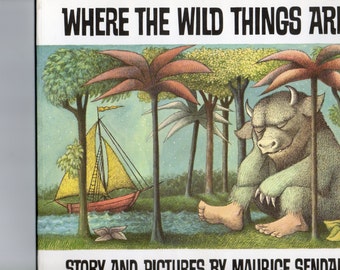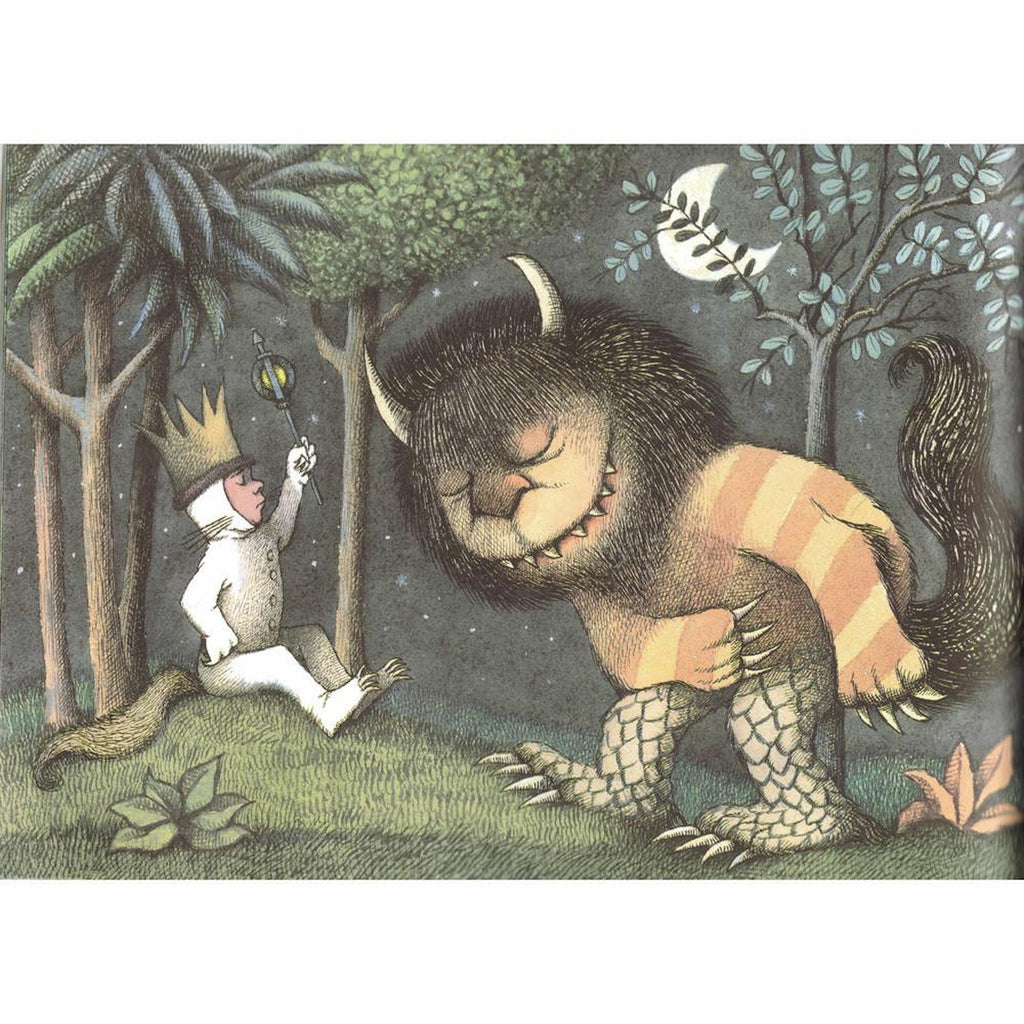


This approach has grown in popularity around the world since Lipman and others launched the Philosophy for Children Programme over forty years ago. 1.This chapter offers a critical account of Philosophy for and with Children (P4C). There are seven life lessons from Where the Wild Things Are that even adults should pay attention to. In only 338 words, Sendak keenly observed human nature and imagination. But as Sendak intended, the themes in the book aren't just for children. And so he imagined a world around him, full of other wild things, where he reigned as king. 'Usually, something goes wrong.'įor Max, it's that he was angry, and he acted out, and his mom put him to bed without eating.

In the NPR interview, he explained: 'Childhood is a tricky business,' Sendak says. Because of his own experiences, he doesn't see childhood through rose-colored glasses - and neither do his characters, like Where the Wild Things Are's Max. Growing up in Brooklyn to Polish immigrant parents, Sendak has said that his childhood was "terrible" due to family losses in the Holocaust. In a 2006 interview with NPR, Sendak explains that he puts his children characters in danger because "kids are so shrewd." Maurice Sendak has never been one to shy away from darker themes - which is often the reason his books have been banned. It's clear that Where The Wild Things Are has achieved massive cultural significance decades after its release, but more interesting is why. 1 on School Library Journal 's Top 100 Picture Books of all time.

He is certainly best-known for his 1963 picture book Where the Wild Things Are, which, despite receiving some negative reviews and being frequently challenged by schools and libraries, was named second on the list of Teachers' Top 100 Books for Children in 2012 and No. June 10 marks the would-be 86th birthday of the late, beloved children's book author and illustrator Maurice Sendak.


 0 kommentar(er)
0 kommentar(er)
